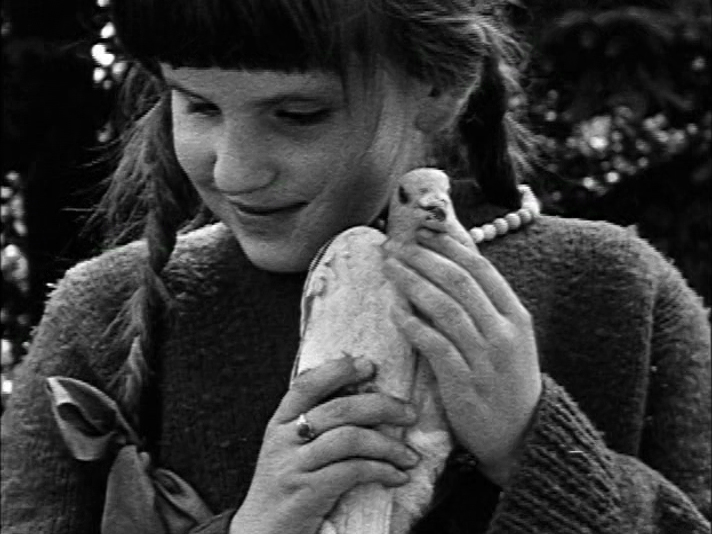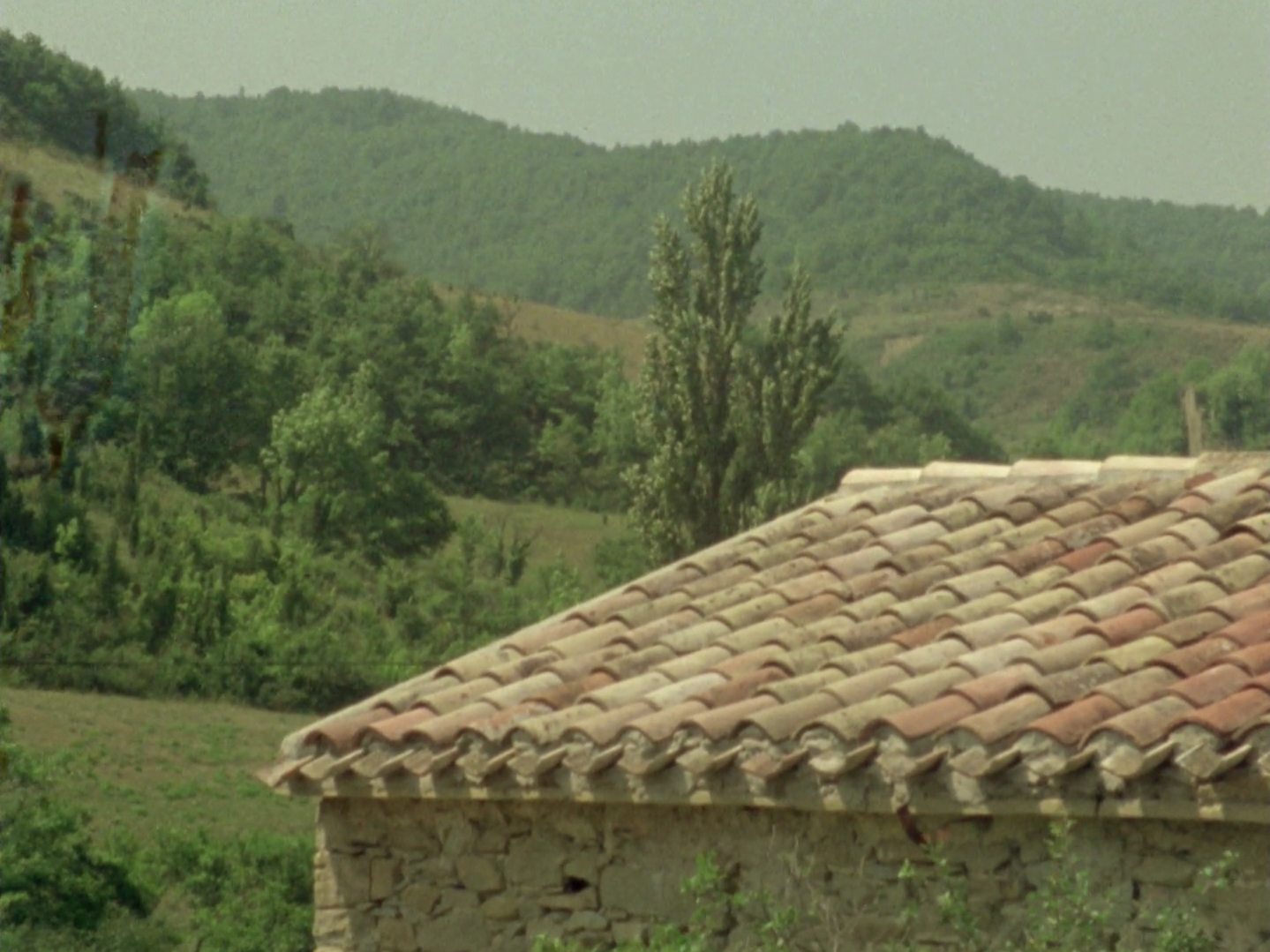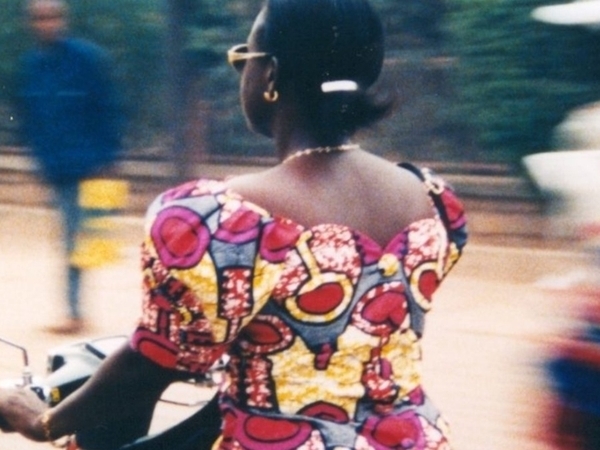Twenty years ago, Johan van der Keuken passed away. On the occasion of his birthday – he would have turned 83 on April 4th – we dedicate this week’s selection to the Dutch documentary filmmaker by drawing your attention to three iconic films from his vast oeuvre.
Van der Keuken’s work was shot through with paradoxes. As a filmmaker, he approached his practice both with a high degree of reflectiveness, writing countless texts on editing, camerawork and documentary cinema, and an abiding pragmatism – his films are deeply determined by his physical presence as a cameraman. Equipped with a camera on his shoulder, he threw himself into reality, confronting him with what was happening at that specific moment in front of his lens. To Van der Keuken, his texts carried a double function. On the one hand, they prevented formal or ethical problems from permeating his actual filmmaking. On the other hand, they served to protect his images and sounds from anecdotal interpretation. Something that happened to him for the first time when Blind kind [Blind Child] (1964) was shown on television. Van der Keuken was reproached for not portraying the blind as merely people in need.
Van der Keuken always made his documentaries with a great consciousness of form, highlighting the material aspects of filmmaking. Film, he stated, is “a beam of light on a screen. And what is transmitted in that bombardment of light on a screen is always fiction.” With the world as his subject, he also resisted the pretension that his films presented an objective picture of reality. This was the project to which Van der Keuken devoted almost his entire oeuvre: how could one, with images and sounds, convey something about reality without reducing it to something unambiguous? Van der Keuken would compare his documentary practice to Cubism, looking for solutions to represent the multiplicity of reality. As observer and participant, a univocal view of reality is by definition impossible, Van der Keuken insisted time and again.
With camera constantly at the ready, film and life were deeply interwoven in his work. In Vakantie van de filmer [The Filmmaker's Holiday] (1974), holiday footage becomes part of a reflection on death and memory. Like an alchemist, Van der Keuken reformulates his own aesthetic principles and shows how they link up with his personal world. His last film De grote vakantie [The Long Holiday] (2002) – a digitally shot film in which a terminally ill Van der Keuken looks back on his oeuvre/life – is the natural result of this symbiosis: “If I can’t make an image, I’m dead.”
Blind kind [Blind Child] (1964) is available via Documentaire sur grand écrain and on Tënk.
Vakantie van de filmer [The Filmmaker's Holiday] (1974) is available on La Cinetek.
De grote vakantie [The Long Holiday] (2002) is available on Tënk and Eye Film Player.




